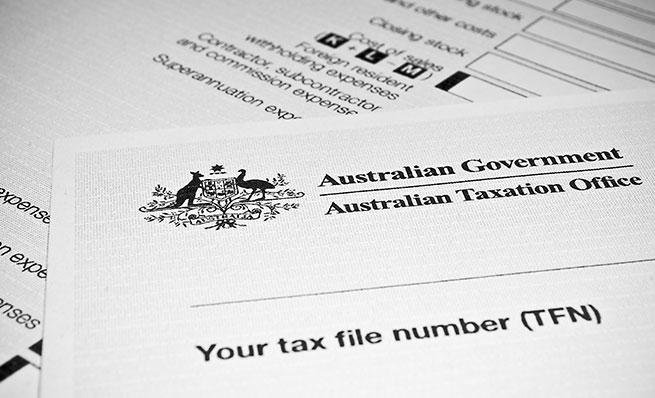
What are the impacts of the Australian Federal Budget. News headlines over the last two weeks had been grooming us for a hard budget. And the release of the Liberal parties first budget under Abbott & Hockey has certainly created many headlines. But how will it affect the Australian stock market? Will it hurt your back pocket, and your future wealth (that is, your stock portfolio)?
Australian Stock Exchange
The Australian Stock Exchange has hovered almost unchanged since the release of the Federal Budget. International market movements have failed to trigger any real buying or selling at the same time, as investors absorb the enormity of how this budget will affect their future.
Treasurer Joe Hockey started his speech to parliament on the delivery of the Federal Budget with “Our future depends on what we as a nation do today …” He further stated that “The age of entitlement is over. It has to be replaced, not with an age of austerity, but with an age of opportunity”.
Whether your view of the hardline taken by the current government is for or against, action needs to be taken at some point to reduce government debt. Otherwise, our country faces a similar fate to that of America, where debt increases to a point that it will never be paid off.
Government Debt
From 2008 through to 2013, the Government Debt to GDP has risen sharply, more than doubling (See Graph 1 below). As consumer confidence hovers at 12-month lows, fear of a slowing China threatens to burst the mining bubble, and the government attempts to pull the budget back into the black, some hard lines will need to be taken to whip this economy back into shape.

No matter what your political inclination, you cannot argue with the statistics. The Australian government budget hit a long-term deficit in 2011, at 4.2% of the GDP. This was a reaction to the Global Financial Crisis (GFC) which had taken the budget from an average of 1.6% of GDP between 2005 and 2009. See graph below for details.

For the Government to improve the deficit, they need to cut spending, increase taxes, and/or sell assets. It’s no different to any small business that is running at a loss – increase incoming revenue and decrease expenditure.
Who will be affected?
Reports suggest it is the middle-class families that will wear the brunt of this budget. Maybe not straight away, but certainly in the years ahead. Others suggest that the rich should be taxed more, as the increase in the higher tax bracket is not enough.
With regards to the stock market, the initial reaction will be sentimental. After a week or so, the markets will begin to follow the global trend, reacting to the geopolitical movements (such as Ukraine), and economics (such as China growth).
Middle Class
If the middle class starts to feel the pinch, they will reduce their investment into the stock market. They might even start to sell off their shares to cover the cost of living. This could have an impact on broader share prices. Although direct share investment is a drop in the ocean in comparison to Institutional and Superannuation investment. So the impact is not likely to be exceptional.
Inflation
From a stock investors point of view, the real impact will come with Inflation. Should the deficit improve and prosperity start to return in the next two years, a higher cost of living and renewed cashflow (prosperity) will drive Inflation. That will lift Interest Rates, which in turn will see the Australian dollar rise and the cost of Imports and House loans increase.
With Prosperity comes other problems, which will require the government to adopt a different type of budget. The economy is like a merry go round … sometimes you feel like you are going around in circles, but when the ride ends, you want to do it again!
Matthew Brown – US Stocks & Options specialist
US Equity & Option Client Advisor
Halifax Investment Services
ASIC Australian Financial Services License Number – 225973
Matthew is an Authorised Representative of Halifax Investment Services (Halifax). Halifax provides broker services, including Full Service and Discount Services using multiple trading platforms.
